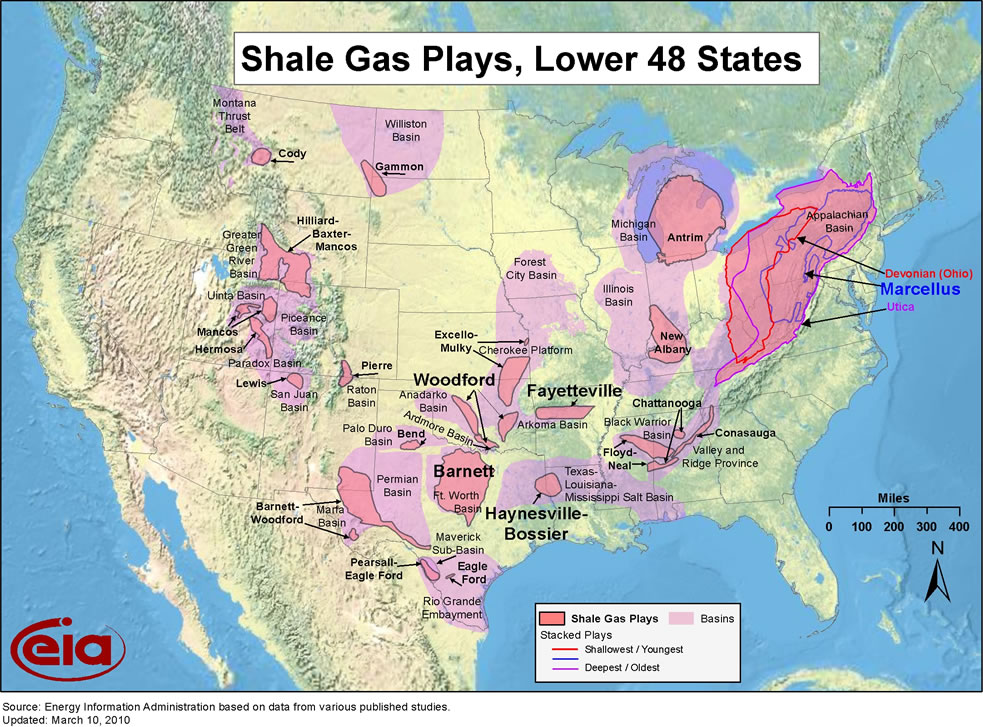UK investor warns shale gas industry on emissions
By JAMES HERRON
LONDON -- One of Europe's largest institutional investors, Scottish Widows Investment Partnership, on Wednesday warned the fast growing shale gas industry to do more to prevent the release of the potent greenhouse gas methane during drilling, which is undermining its basis as a cleaner alternative to coal.
"By failing to control methane, the gas industry is letting much of the [carbon emissions reduction] benefit of switching from coal to gas slip away," said Craig Mackenzie, head of sustainability at the asset manager.
"As a major shareholder in the oil and gas sector, Scottish Widows Investment Partnership wants to see the industry taking rapid action to eliminate methane emissions."
 Mackenzie's comments were directed primarily at shale gas drilling operations in the US, but many European energy companies participate in shale gas operations there, including BP, Royal Dutch Shell, Statoil and Total.
Mackenzie's comments were directed primarily at shale gas drilling operations in the US, but many European energy companies participate in shale gas operations there, including BP, Royal Dutch Shell, Statoil and Total.
Scottish Widows has GBP142 billion of funds under management, the bulk of which is in UK equities and bonds.
The boom in shale gas production in the US does have the potential to reduce emissions of greenhouse gas carbon dioxide because, "cheap shale gas is closing down coal power generation," Scottish Widows said in a research report.
The reduction in coal-fired power generation is already equivalent to all the electricity generated in the US from wind and solar, it said.
This is good news for carbon dioxide emissions because, "gas power stations produce 50% less carbon emissions than coal power stations," it said.
However, under current practices the shale gas industry is releasing significant amounts of methane, a greenhouse gas 20 times more effective at trapping heat in the atmosphere than carbon dioxide.
"The high short-term climate impact of methane negates much or all of the benefit of coal-gas switching for the first two or three decades after it occurs," said the report.
Shale gas is extracted using a technique called hydraulic fracturing, which involves pumping a mixture of water, chemicals and sand at high pressure into fractures in the shale rock.
The fluid grows the fractures and when it is pumped out, methane gas that was previously trapped in the impermeable rock flows out.
Emissions occur because methane dissolves into the fracturing fluid when it is underground and is released into the atmosphere when the fluid is pumped back to the surface and stored in open ponds.
This problem can be fairly easily solved by capturing gas released from the used fracturing fluid, Mackenzie said.
"Our research indicates that technologies exist to eliminate most methane emissions from natural gas production quickly and at low cost, but these technologies are not widely used," said Mackenzie.
"Scottish Widows Investment Partnership is working with other investors to engage with oil and gas companies to encourage implementation of best practice methane control technologies."
Dow Jones Newswires






Comments